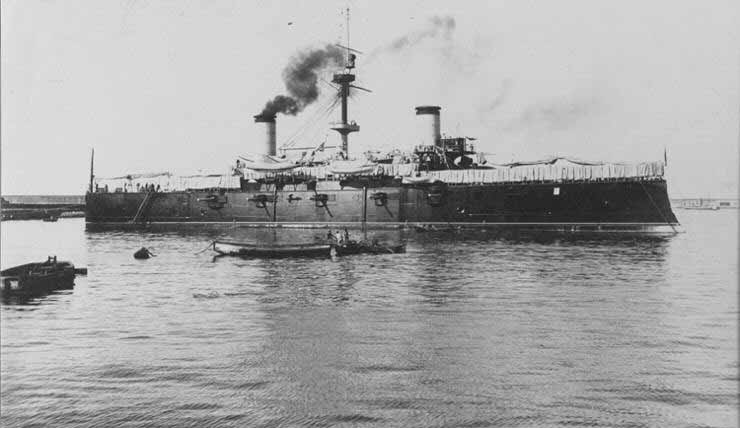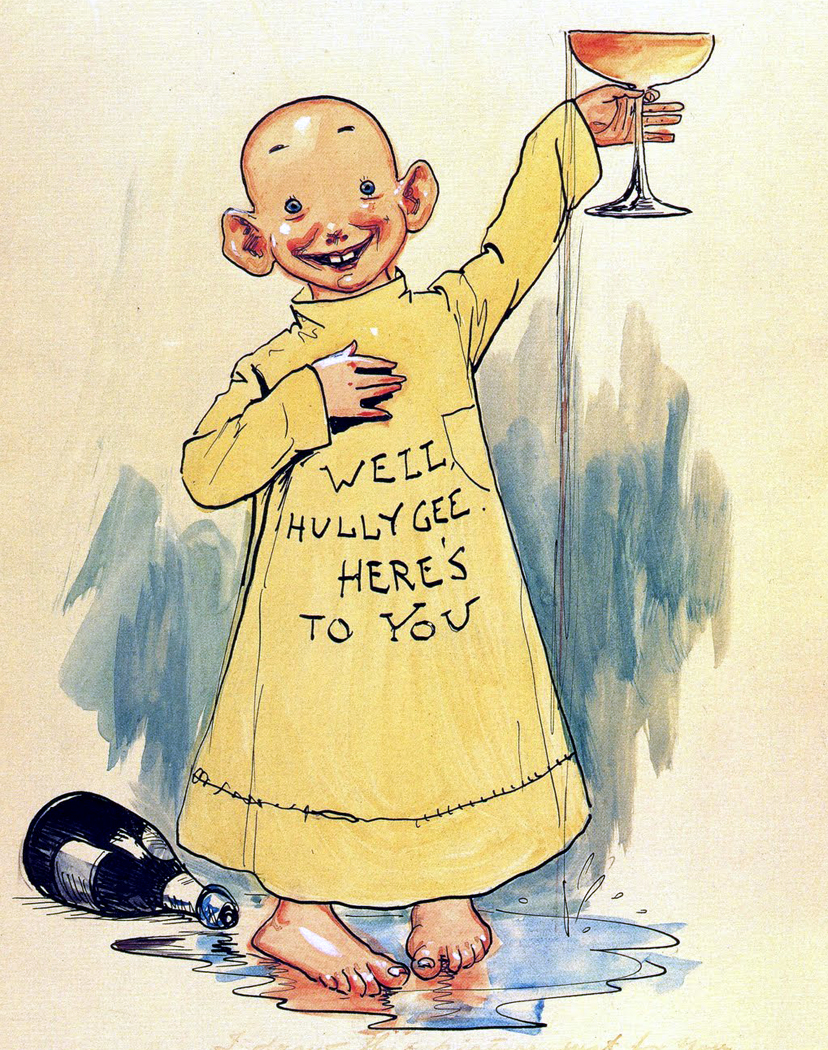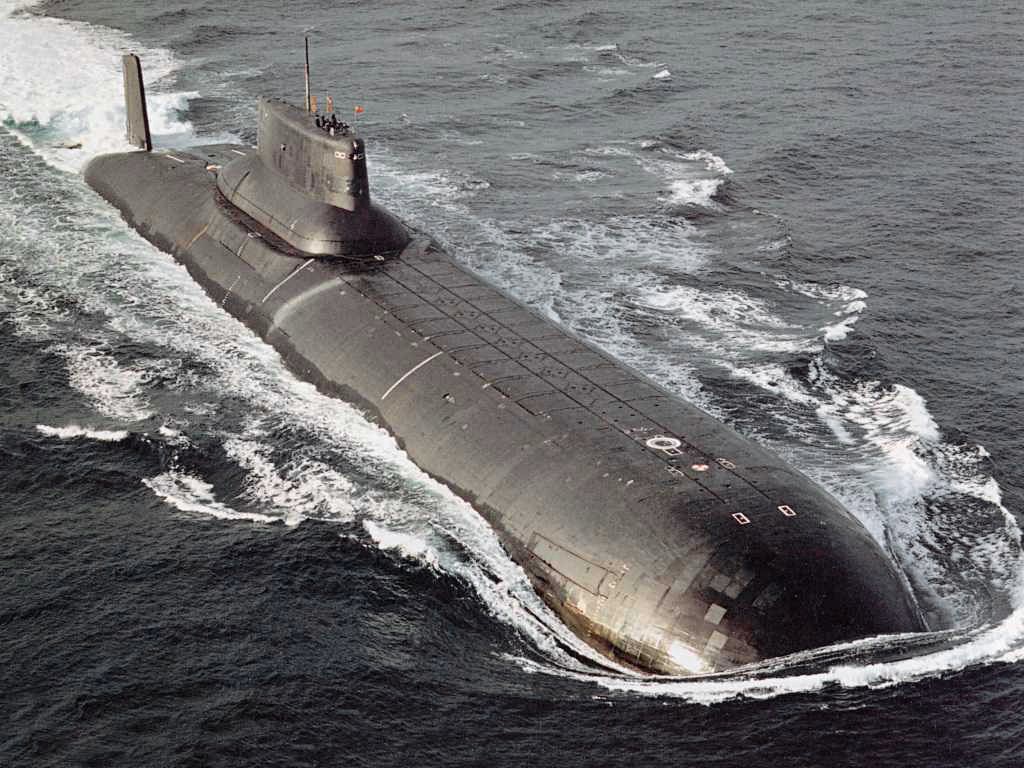|
Battle Of Santiago De Cuba
The Battle of Santiago de Cuba was a decisive naval engagement that occurred on July 3, 1898 between an United States, American fleet, led by William T. Sampson and Winfield Scott Schley, against a Restoration (Spain), Spanish fleet led by Pascual Cervera y Topete, which occurred during the Spanish–American War. The significantly more powerful US Navy squadron, consisting of four battleships and two armored cruisers, decisively defeated an outgunned squadron of the Royal Spanish Navy, consisting of four armored cruisers and two destroyers. All of the Spanish ships were sunk for no American loss. The crushing defeat sealed the American victory in the Cuban theater of the war, ensuring the independence of Republic of Cuba (1902–1959), Cuba from Captaincy General of Cuba, Spanish rule. Tensions between Spain and the United States worsened over the Spanish conduct during their efforts to quell the Cuban War of Independence, with many Americans being agitated by largely propaganda ... [...More Info...] [...Related Items...] OR: [Wikipedia] [Google] [Baidu] |
Spanish–American War
The Spanish–American War (April 21 – August 13, 1898) was fought between Restoration (Spain), Spain and the United States in 1898. It began with the sinking of the USS Maine (1889), USS ''Maine'' in Havana Harbor in Cuba, and resulted in the U.S. acquiring sovereignty over Puerto Rico, Guam, and the Philippines, and establishing a protectorate over Cuba. It represented U.S. intervention in the Cuban War of Independence and Philippine Revolution, with the latter later leading to the Philippine–American War. The Spanish–American War brought an end to almost four centuries of Spanish presence in the Americas, Asia, and the Pacific; the United States meanwhile not only became a major world power, but also gained several island possessions spanning the globe, which provoked rancorous debate over the wisdom of expansionism. The 19th century represented a clear decline for the Spanish Empire, while the United States went from a newly founded country to a rising power. In 1895, C ... [...More Info...] [...Related Items...] OR: [Wikipedia] [Google] [Baidu] |
Cubans
Cubans () are the citizens and nationals of Cuba. The Cuban people have varied origins with the most spoken language being Spanish. The larger Cuban diaspora includes individuals that trace ancestry to Cuba and self-identify as Cuban but are not necessarily Cuban by citizenship. The United States has the largest Cuban population in the world after Cuba. The modern nation of Cuba, located in the Caribbean, emerged as an independent country following the Spanish-American War of 1898, which led to the end of Spanish colonial rule. The subsequent period of American influence, culminating in the formal independence of Cuba in 1902, initiated a complex process of national identity formation. This identity is characterized by a blend of Indigenous Taíno, African, and Spanish cultural elements, reflecting a unique multicultural heritage. The Cuban Revolution of 1959, which brought Fidel Castro to power, marked a significant turning point as it transformed the political landscap ... [...More Info...] [...Related Items...] OR: [Wikipedia] [Google] [Baidu] |
Yellow Journalism
In journalism, yellow journalism and the yellow press are American newspapers that use eye-catching headlines and sensationalized exaggerations for increased sales. This term is chiefly used in American English, whereas in the United Kingdom, the similar term ''tabloid journalism '' is more common. Other languages, e.g. Russian (:ru:Жёлтая пресса, жёлтая пресса ''zhyoltaya pressa''), sometimes have terms derived from the American term. Yellow journalism emerged in the intense battle for readers by two newspapers in New York City in the 1890s. It was not common in other cities. Joseph Pulitzer purchased the ''New York World'' in 1883 and told his editors to use sensationalism, crusades against corruption, and lavish use of illustrations to boost circulation. William Randolph Hearst then purchased the rival ''New York Journal'' in 1895. They engaged in an intense circulation war, at a time when most men bought one copy every day from rival street vendors ... [...More Info...] [...Related Items...] OR: [Wikipedia] [Google] [Baidu] |
William McKinley
William McKinley (January 29, 1843September 14, 1901) was the 25th president of the United States, serving from 1897 until Assassination of William McKinley, his assassination in 1901. A member of the Republican Party (United States), Republican Party, he led a realignment that made Republicans History of the Republican Party (United States), largely dominant in the industrial states and nationwide for decades. McKinley successfully led the U.S. in the Spanish–American War and oversaw a period of Manifest destiny, American expansionism, with the annexations of Hawaii, Puerto Rico, Guam, the Philippines, and American Samoa. McKinley was the last president to have served in the American Civil War; he was the only one to begin his service as an enlisted soldier, enlisted man and ended it as a brevet (military), brevet major. After the war, he settled in Canton, Ohio, where he practiced law and married Ida Saxton. In 1876, McKinley was elected to Congress, where he became the ... [...More Info...] [...Related Items...] OR: [Wikipedia] [Google] [Baidu] |
US President
The president of the United States (POTUS) is the head of state and head of government of the United States. The president directs the executive branch of the federal government and is the commander-in-chief of the United States Armed Forces. The power of the presidency has grown since the first president, George Washington, took office in 1789. While presidential power has ebbed and flowed over time, the presidency has played an increasing role in American political life since the beginning of the 20th century, carrying over into the 21st century with some expansions during the presidencies of Franklin D. Roosevelt and George W. Bush. In modern times, the president is one of the world's most powerful political figures and the leader of the world's only remaining superpower. As the leader of the nation with the largest economy by nominal GDP, the president possesses significant domestic and international hard and soft power. For much of the 20th century, especially durin ... [...More Info...] [...Related Items...] OR: [Wikipedia] [Google] [Baidu] |
Enrique Dupuy De Lôme
Enrique Dupuy de Lôme y Paulín (August 23, 1851 – July 1, 1904) was a Spanish ambassador to the United States. In the De Lôme Letter, he mocked U.S. President William McKinley, attacked McKinley's policies, and regarded McKinley as a weak president. Cuban rebels intercepted the letter, and on February 9, 1898, the letter was published in U.S. newspapers. That contributed to the Spanish–American War, which started on April 25, 1898. Early life Dupuy de Lôme was born in Valencia, the eldest son of Santiago Luis Dupuy de Lôme Guillemain and Isidra Paulín de la Pana de Belmonte. His father's family had moved to Spain from France after the French Revolution to work in the silk industry. His father settled in Valencia, where he was a politician, and silk and wine magnate. His brother Carlos (1853–1921) was a silk industrialist and politician who was the Spanish consul in Paraguay and Bolivia. His brother Federico (1855–1924) was a military officer and politician. Fr ... [...More Info...] [...Related Items...] OR: [Wikipedia] [Google] [Baidu] |
Maritime History
Maritime history is the study of human interaction with and activity at sea. It covers a broad thematic element of history that often uses a global approach, although national and regional histories remain predominant. As an academic subject, it often crosses the boundaries of standard Academic discipline, disciplines, focusing on understanding humankind's various relationships to the oceans, list of seas, seas, and major waterways of the globe. Nautical history records and interprets past events involving ships, shipping, navigation, and seafarers. Maritime history is the broad overarching subject that includes fishing, whaling, international maritime law, naval history, the history of ships, ship design, shipbuilding, the history of navigation, the history of the various maritime-related sciences (oceanography, cartography, hydrography, etc.), sea exploration, maritime economics and trade, shipping, yachting, seaside resorts, the history of lighthouses and aids to navigation, ma ... [...More Info...] [...Related Items...] OR: [Wikipedia] [Google] [Baidu] |
Theodore Roosevelt
Theodore Roosevelt Jr. (October 27, 1858 – January 6, 1919), also known as Teddy or T.R., was the 26th president of the United States, serving from 1901 to 1909. Roosevelt previously was involved in New York (state), New York politics, including serving as the state's List of governors of New York, 33rd governor for two years. He served as the 25th Vice President of the United States, vice president under President William McKinley for six months in 1901, assuming the presidency after Assassination of William McKinley, McKinley's assassination. As president, Roosevelt emerged as a leader of the History of the Republican Party (United States), Republican Party and became a driving force for United States antitrust law, anti-trust and Progressive Era policies. A sickly child with debilitating asthma, Roosevelt overcame health problems through The Strenuous Life, a strenuous lifestyle. He was homeschooled and began a lifelong naturalist avocation before attending Harvard Colleg ... [...More Info...] [...Related Items...] OR: [Wikipedia] [Google] [Baidu] |
Naval Warfare
Naval warfare is combat in and on the sea, the ocean, or any other battlespace involving a major body of water such as a large lake or wide river. The Military, armed forces branch designated for naval warfare is a navy. Naval operations can be broadly divided into riverine/littoral applications (brown-water navy), open-ocean applications (blue-water navy), between riverine/littoral and open-ocean applications (green-water navy), although these distinctions are more about strategic scope than tactical or operational division. The strategic offensive purpose of naval warfare is Power projection, projection of force by water, and its strategic defensive purpose is to challenge the similar projection of force by enemies. History Mankind has fought battles on the sea for more than 3,000 years. Even in the interior of large landmasses, transportation before the advent of extensive rail transport, railways was largely dependent upon rivers, lakes, canals, and other navigable waterways ... [...More Info...] [...Related Items...] OR: [Wikipedia] [Google] [Baidu] |
Warships
A warship or combatant ship is a naval ship that is used for naval warfare. Usually they belong to the navy branch of the armed forces of a nation, though they have also been operated by individuals, cooperatives and corporations. As well as being armed, warships are designed to withstand damage and are typically faster and more maneuverable than merchant ships. Unlike a merchant ship, which carries cargo, a warship typically carries only weapons, ammunition and supplies for its crew. In wartime, the distinction between warships and merchant ships is often blurred. Until the 17th century it was common for merchant ships to be pressed into naval service, and not unusual for more than half of a fleet to be composed of merchant ships—there was not a large difference in construction, unlike the difference between a heavily armoured battleship and an ocean liner. Until the threat of piracy subsided in the 19th century, it was normal practice to arm larger merchant ships such ... [...More Info...] [...Related Items...] OR: [Wikipedia] [Google] [Baidu] |
United States Declaration Of War Upon Spain
On 25 April 1898, the United States Congress declared war upon Spain. The ensuing Spanish–American War resulted in a decisive victory for the United States, and arguably served as a transitional period for both nations. Spain saw its days of empire fade, as the United States saw the prospect of overseas empire emerge. The war was ended by the Treaty of Paris signed on December 10 that same year. Background The Spanish–American War originated out of the Cuban War of Independence, launched in February 1895. For decades the United States had watched political developments on Cuba, with which it had extensive economic ties. Historians have long debated America's intentions in becoming involved in the conflict. For a significant period during and after the war, selfless humanitarian interest in the fate of the Cuban people was accepted as the major impetus for the declaration of war. A supporting argument for this line of reasoning is that yellow journalism created an inflammatory ... [...More Info...] [...Related Items...] OR: [Wikipedia] [Google] [Baidu] |









